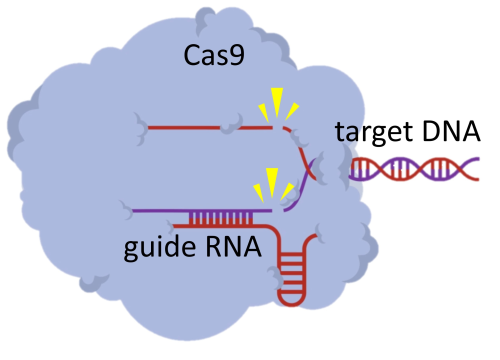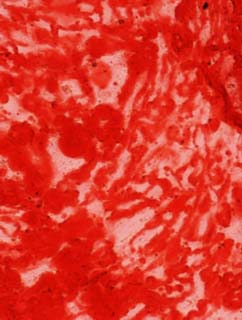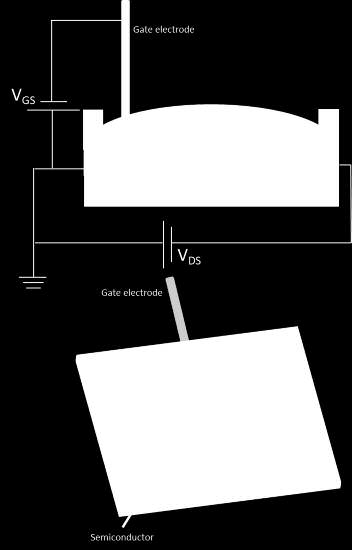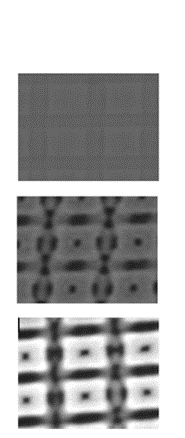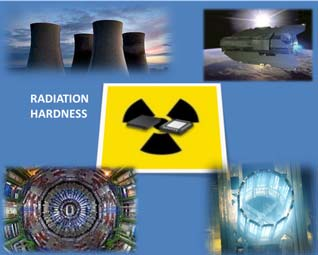Method for an accurate simultaneous detection of multiple viruses in samples.
CSIC and the University of Valencia have developed a new method for in vitro virus detection, including
SARS-CoV-2 detection, and extensible to other respiratory viruses.
Industrial partners from the pharmaceutical and diagnostic industry are being sought to collaborate
through a patent licence agreement.
An offer for Patent Licensing
Need for rapid and sensitive virus detection
CRISPR-Cas 9 system As highlighted by the recent COVID-19 pandemic, there is a need for fast and sensitive diagnosis on viral infections, that allows to implement measures to reduce virus transmission and facilitates an early treatment to prevent worse outcomes. While effective diagnosis techniques should be accurate, quick, cheap and easy to use, current state-of-the-art techniques (such as RT-qPCR) do not fulfill all these requirements. In this context, CRISPR-Cas9 techniques appear as promising alternatives.
This novel technique, based on CRISPR-Cas9 approaches, allows to detect multiple different DNA sequences with a high degree of specificity, and can be easily associated to other biochemical reactions in order to deliver a tailored signal that can be used for a differentiated diagnosis. Furthermore, simultaneity can be achieved by avoiding Cas9 catalytic reactions.
The technology has been tested successfully with multiple SARS-CoV-2 genetic regions and different coronaviruses simultaneously, resulting in an accurate detection and distinction of each target. It can also be adapted to further viruses.
Main innovations and advantages
- Allows for a simultaneous detection and a differentiated signaling of multiple viruses or gene sequences in a sample.
- Avoids signal overlapping or misdetection, presenting a high specificity and accuracy.
- Can be easily industrialized as a point-of-care, quick and user-friendly testing device.
- Can be easily adapted to different viruses or genes, allowing for a complete multidimensional screening of diseases in patients.
- Its main application fields include: healthcare and disease screening, laboratory testing, environmental viruses monitoring, veterinary, and epidemiology and public health, among others.
